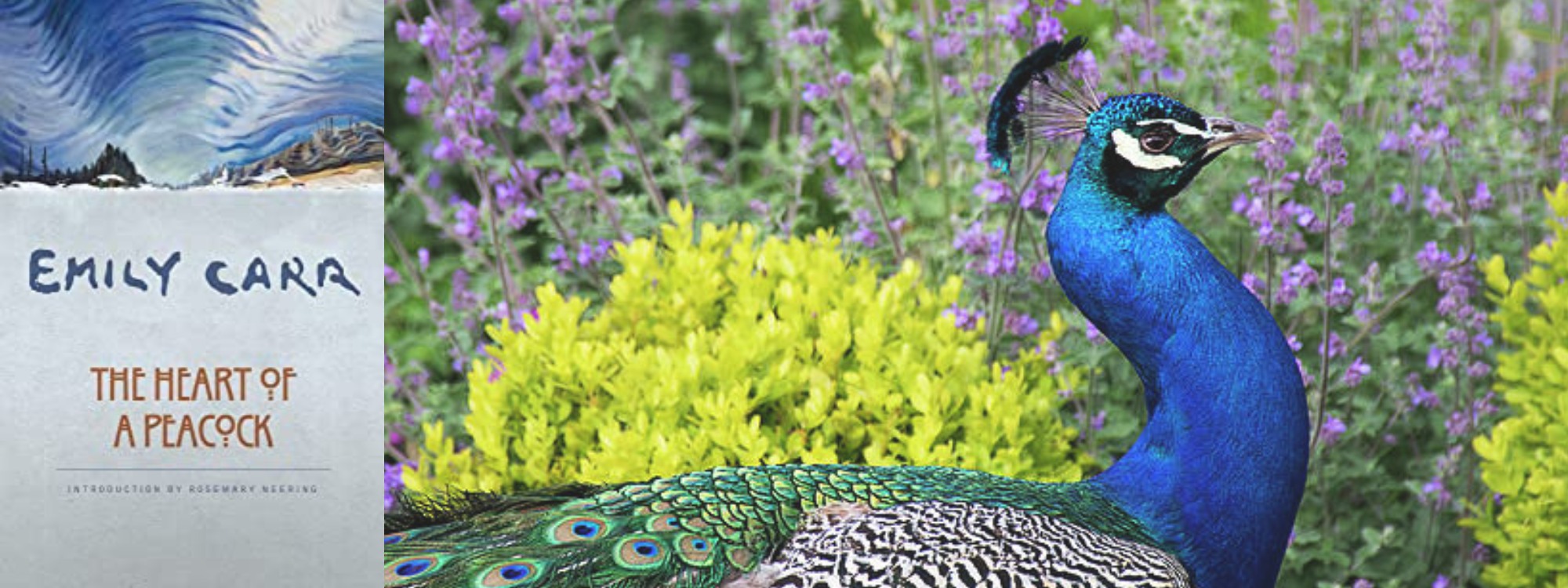Tom and I met in no-man’s-land. What of each other we did not understand we were content to leave unexplained.
Uncle Tom was a vulture, a common turkey-buzzard. I acquired him in the Indian village of Sechelt. Indians had stolen him from the nest of his vulture mother on the Island of Texada, tired of him after a few days, and abandoned him to starve. I was walking through the village of Sechelt and the bird came entreating at my heels, mouth open, starving. I dug clams and fed him; then I paid the Indians fifty cents and put Tom into a sack and took him with me.
I was on my way to visit at the summer camp of a friend, a friend who had invited me to bring my old English sheep-dog and my Australian cockatoo. She was surprised when she saw that I brought too a vulture in a sack. But her heart was big; it opened to the helpless baby vulture. She gave us a tent to ourselves and we were very happy.
I called my vulture Uncle Tom because of his resemblance to the picture in Uncle Tom’s Cabin. His face was bare and black and was sunk into a body of white baby fluff. When I got him he would be only a week or ten days old. He grew rapidly and soon shed the white down, replacing it with feathers of rusty black. His face always remained bare. When grown, Tom had tremendous wing spread, keen sight, and an extremely keen sense of smell.
No meat was procurable in camp other than an occasional fowl. Tom gorged on its entrails. I raised him on clams and mussels which I pushed down his gaping throat. He followed my every footstep. I was the only mother he had ever known—he loved me.
Tom grew into a great bird, hunch-shouldered because his wings were so huge there was no room for them to lie against the sides of his body. When furled they rose high on his shoulders.
The cockatoo on my shoulder, the dog and vulture at my heels, I went into the woods and we were very happy. At night we were cosy, folded in our tent. Summer went and playtime was gone. Before returning to my studio in Vancouver I took my creatures and went to visit my people in Victoria. A vulture they could not accept into the family circle. They lent me a calf-pen for his accommodation.
It was when I returned to Vancouver that I discovered how keen was Tom’s sense of smell. Leaving him in the travelling box at the far end of my big studio, I went out and bought him some fresh liver. As I came up the stair, while yet the liver was in its wrappings and there was still a long hall and the length of the studio to go, Tom smelled the meat and began to shout and go crazy. His habit was to gorge, then to go to sleep for hours to digest his food.
Now came the problem: What should I do with Tom? I could not keep him in a city studio. I loved the bird. I offered him liberty: Tom refused. He must have known the power in his great wings, yet he never rose on them; he had become thoroughly domesticated, clinging to earth and to me. He knew nothing of carrion nor of high-sky hoverings, “vulture-waiting” for cow or sheep to die, that he may swoop and gorge. Tom accepted humans, but humans would not accept Tom. He had a queer, wild beast smell.
In perplexity I approached Stanley Park. I said, “I have a tame, hand-reared vulture. He will not accept freedom.”
“A curiosity!” they replied. “Bring him to us.”
So I gave Uncle Tom to the Vancouver Park. They housed him in a large cage and treated him well. I called often to visit with him.
“Hello, Uncle Tom!”
The bird would press against the bars of his cage and rejoice over me . . . dear Tom!




0 comments